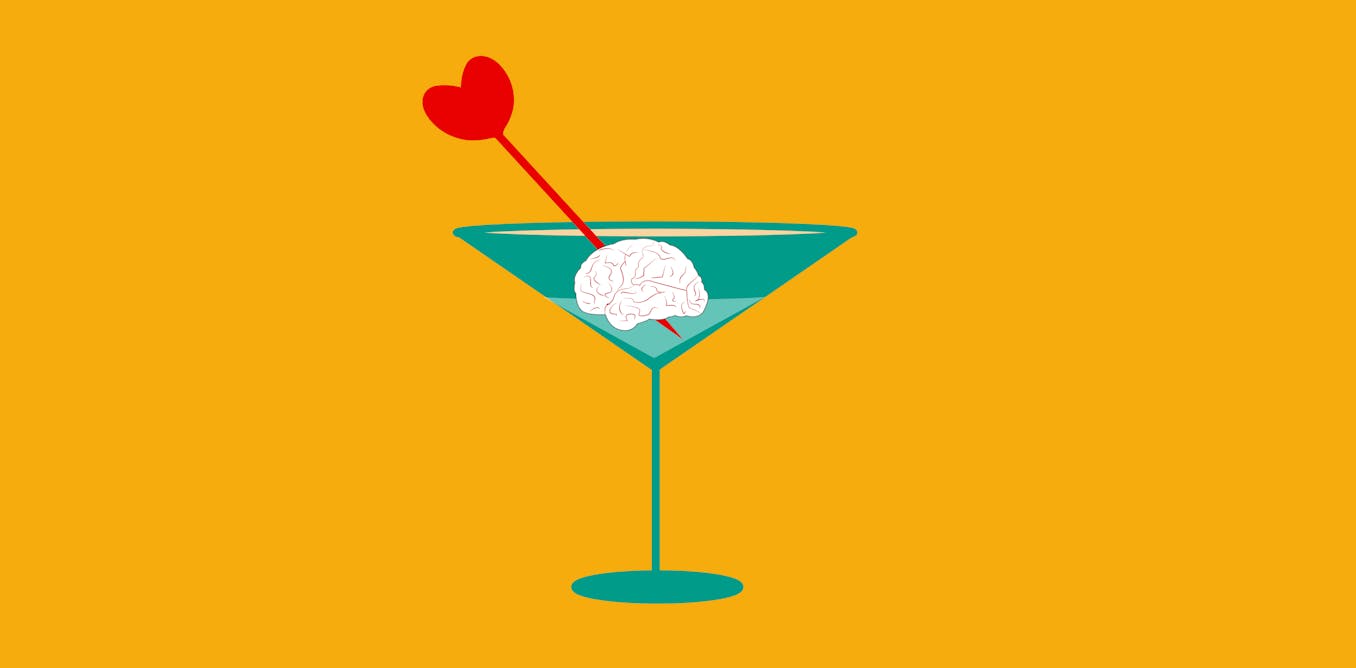Alcohol and drugs rewire your brain by changing how your genes work – research is investigating how to counteract addiction’s effects
Karla Kauntheconversation.com
Alcohol and drugs rewire your brain by changing how your genes work – research is investigating how to counteract addiction’s effects





